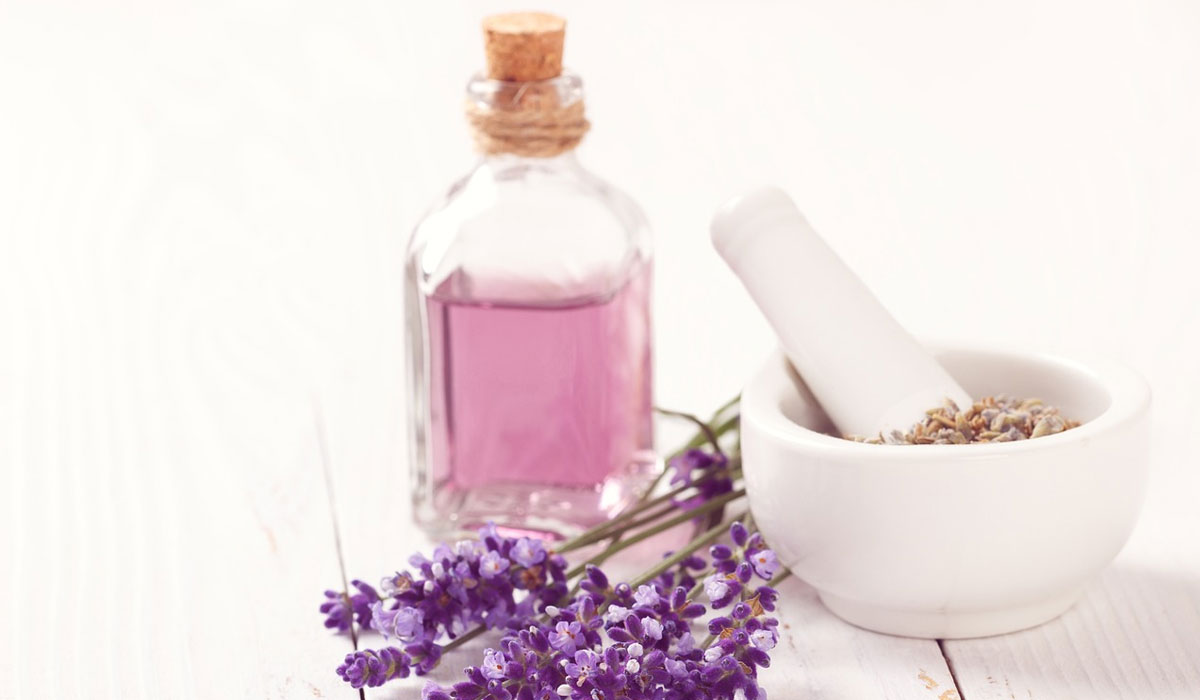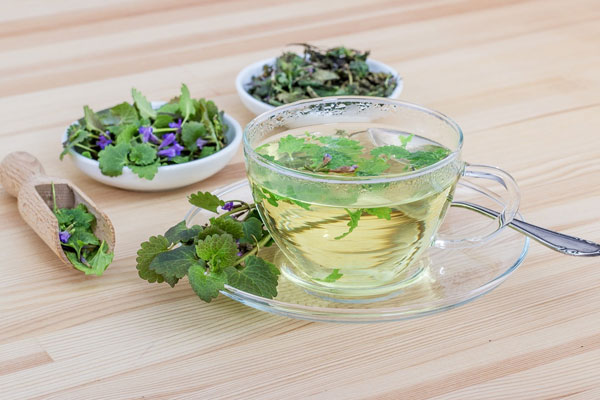
Herbal Cosmetics vs. Conventional
Cosmetics
The comparison between herbal
cosmetics and conventional cosmetics has drawn a lot of attention in the field
of beauty and skincare. The decision between these two categories of cosmetics
becomes even more crucial as customers become more aware of the items they use.
What Are Herbal Cosmetics?
Natural plant-derived elements,
such as herbs, flowers, roots, and fruits, are used to create herbal cosmetics.
These products are frequently seen as a better, gentler alternative for
skincare and cosmetic regimens.
Benefits of Herbal Cosmetics:
1. Natural
Ingredients: Natural plant-derived elements, such as herbs, flowers,
roots, and fruits, are used to create herbal cosmetics. These products are
frequently seen as a better, gentler alternative for skincare and cosmetic
regimens.
2. Less
Irritation: Herbal cosmetics are less likely to cause allergic responses
and skin irritations because they don't include harsh chemicals or artificial
smells.
3. Nutrient-Rich: Vitamins,
minerals, and antioxidants found in herbal components are frequently abundant
and can nourish the skin and enhance its general health.
4. Sustainability: Many
herbal cosmetics are made using eco-friendly methods, encouraging
sustainability and minimising the impact on the environment.
Drawbacks of Herbal Cosmetics:
1. Limited
Shelf Life: Due to the lack of potent preservatives, herbal products may
have a shorter shelf life than conventional cosmetics.
2. Variable
Efficacy: Based on elements like plant quality, formulation, and
individual skin type, herbal remedies' efficacy can differ.
3. Fragrance
Variation: Natural odours that may not be the same as some people's
familiar conventional fragrances can be found in herbal cosmetics.
Conventional Cosmetics: Embracing
Modern Formulations
What Are Conventional Cosmetics?
Conventional cosmetics are goods
that are often produced utilising artificial preservatives and chemicals. The
smoothness, consistency, and long shelf life of these items are frequently
prioritised.
Benefits of Conventional Cosmetics:
1. Advanced
Formulations: Conventional cosmetics often incorporate innovative
ingredients and technologies that can provide targeted solutions for various
skin concerns.
2. Stability: Strong
preservatives in conventional cosmetics contribute to longer shelf lives and
consistent product quality over time.
3. Immediate
Results: Some conventional products may offer quicker and more
noticeable results, particularly for specific skincare issues.
Drawbacks of Conventional
Cosmetics:
1. Potential
Harmful Ingredients: Many conventional cosmetics contain synthetic
chemicals that can be harsh on the skin and lead to irritation or allergies.
2. Environmental
Impact: The production and disposal of conventional cosmetics can
contribute to pollution and environmental degradation.
3. Long-Term
Effects: Prolonged use of synthetic ingredients in conventional
cosmetics may have long-term negative effects on skin health.
Making an Informed Choice: The
decision between herbal and conventional cosmetics ultimately depends on your
individual preferences, skin type, and ethical considerations. Consider factors
like your skin's sensitivity, specific concerns you want to address, and your
commitment to sustainability when making your choice.
Conclusion:
In the ongoing debate between
herbal cosmetics and conventional cosmetics, there is no one-size-fits-all
answer. Both options come with their own set of benefits and drawbacks. Herbal cosmetics
offer a more natural approach with potential nourishing benefits, while
conventional cosmetics offer advanced formulations and immediate results. As a
consumer, it's essential to weigh these factors and make a decision that aligns
with your values and skincare needs. Whichever path you choose, remember that
maintaining a consistent skincare routine and prioritizing overall skin health
are key to achieving that radiant, confident glow.

 English
English


























